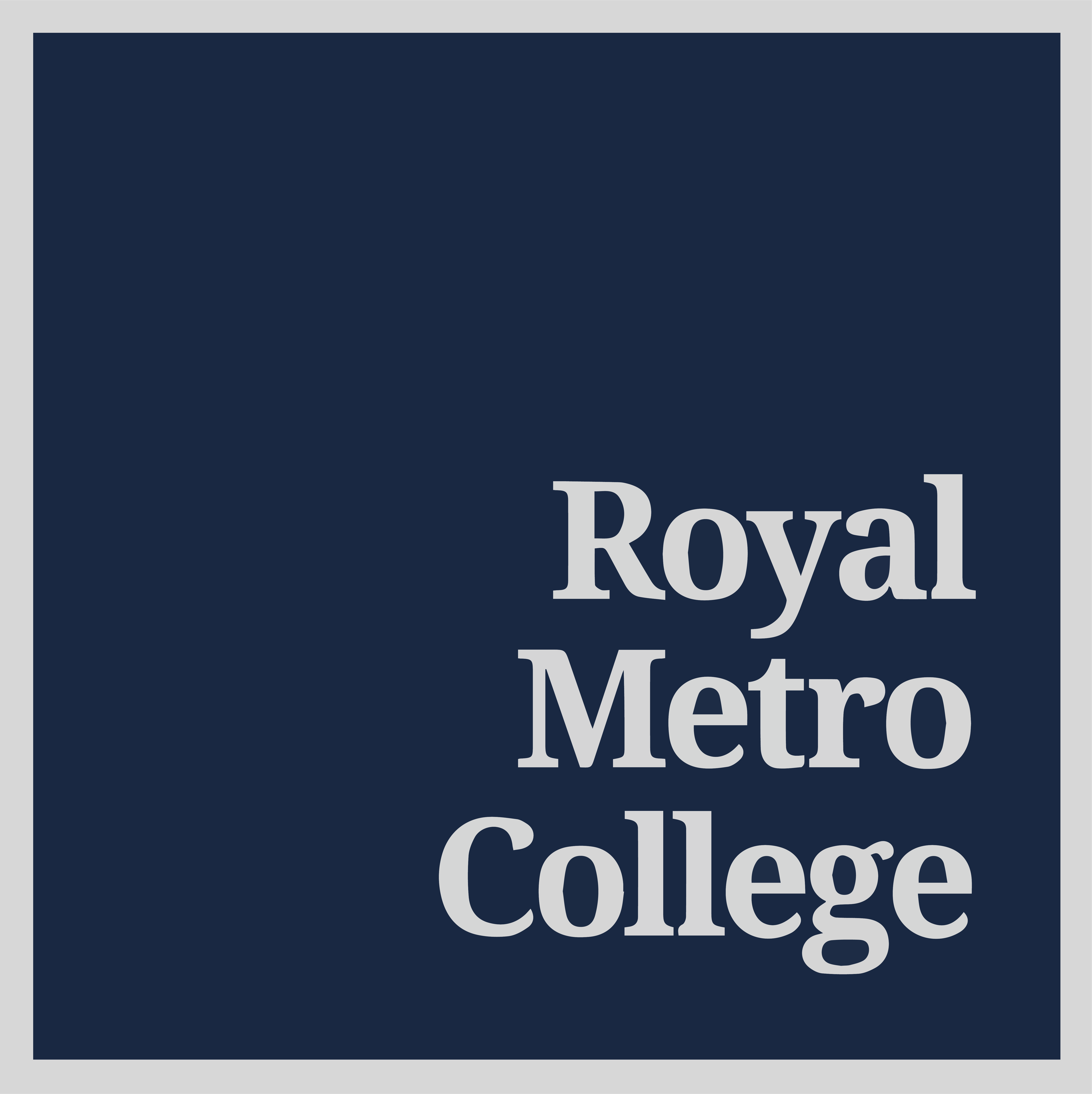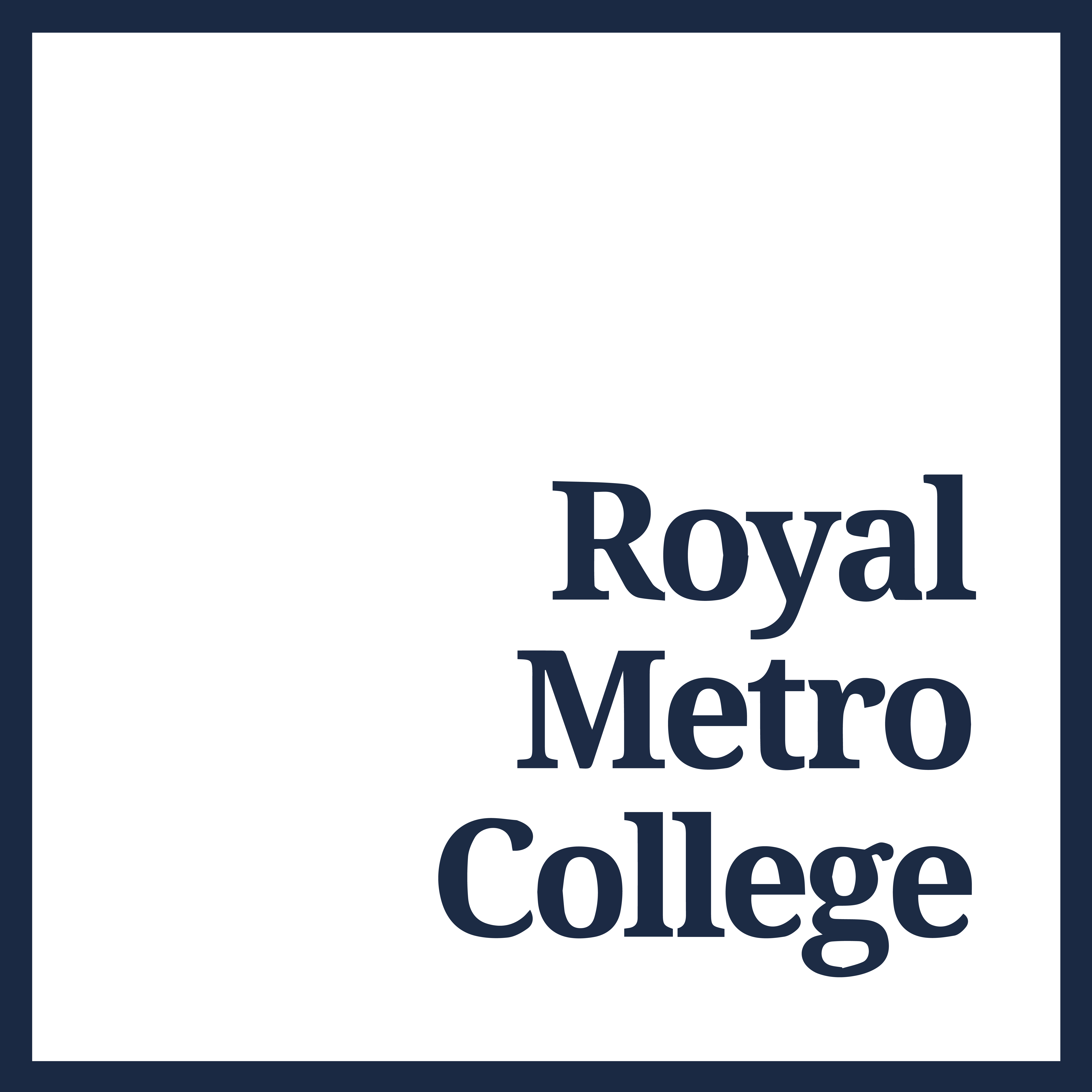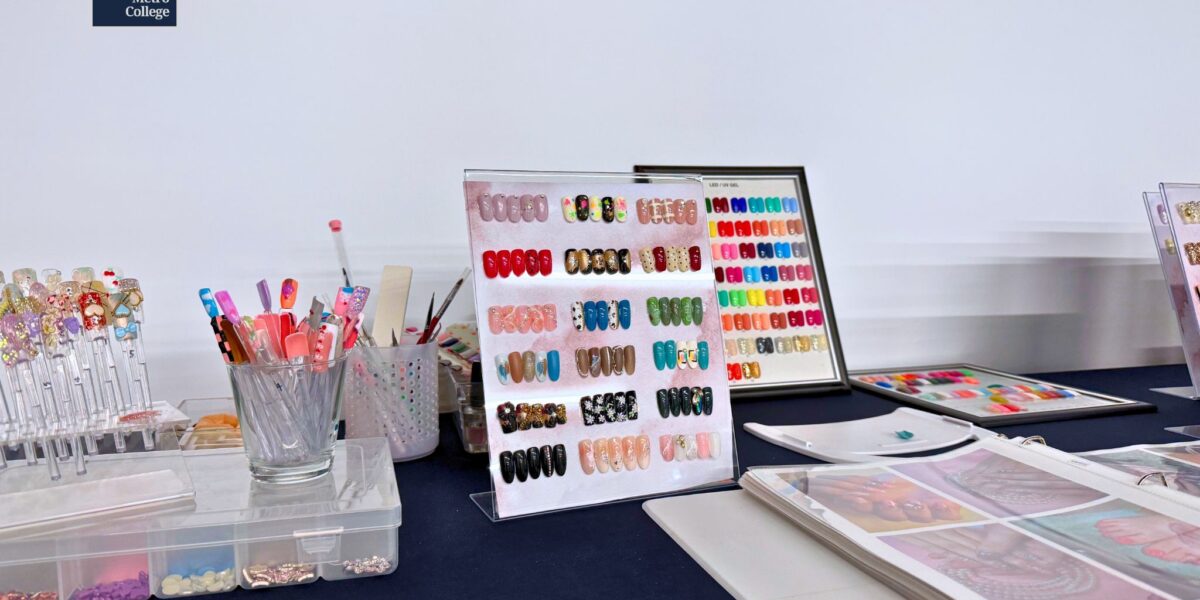Start Your Nail Technology Career the Right Way
Nail care is one of the most in-demand services in the beauty industry—a trend that continues to accelerate across North America.
According to the BeautyCouncil Annual Report (2025), beauty services continue to see steady retail growth across Metro Vancouver.
If you’re passionate about nail art and ready to turn your skills into a profitable career, becoming a nail technician in British Columbia (BC) is a fantastic opportunity.
However, one of the most common questions prospective students ask is:
Do I need a license to work as a nail technician in BC?
Unlike some other provinces, British Columbia does not issue a government-regulated “nail technician license.”
According to the BeautyCouncil of Western Canada, BC’s provincial government removed mandatory licensing requirements for hairdressers and estheticians in 2003.
However, this does not mean you can skip professional training. Most reputable nail salons and spas—especially high-end employers—strongly prefer, or even require, nail technicians who have completed professional training and hold industry certification.
While a provincial license isn’t mandatory, you absolutely need the right education, certification, and practical skills to work safely, legally, and professionally. Proper training also makes you far more competitive when applying for jobs.
How to Launch Your Nail Tech Career
Complete Professional Nail Training
The crucial first step is to enroll in a government-recognized nail technology or esthetics program.
A high-quality training program ensures you gain both the essential theoretical knowledge and the hands-on experience needed to meet industry standards.
You’ll learn:
- Nail Anatomy and Health: Understanding the structure of the nail plate, nail bed, and cuticle.
- Hygiene and Sanitation Standards: How to properly disinfect tools, handle materials, and maintain a safe salon environment (following WorkSafeBC guidelines).
- Technical Skills: Comprehensive manicure and pedicure techniques, including gel, acrylic, and advanced nail extension systems.
- Nail Artistry: From classic French tips to modern gel artistry and design.
- Client Consultation and Salon Safety: Assessing client needs and maintaining workplace professionalism.
Most quality programs include 100 –120 hours of combined theory and practical training.
According to WorkBC, employment opportunities for “Estheticians, Electrologists, and Related Occupations” are projected to increase by approximately 3,940 job openings between 2024 and 2034 in British Columbia.
Structured training provides not only the necessary technical skills but also the local experience. Without formal training, even experienced hobbyists often struggle to meet professional standards or secure employment in top salons.
Apply for a Municipal Business License (If Self-Employed)
If you plan to work independently, you will need to obtain a municipal business license from your local city (e.g., Vancouver, Burnaby, Surrey).
Requirements vary by city but generally include:
- Registering your business name.
- Applying for a personal services business license.
- Meeting local health, fire, and safety regulations.
Note: Without a valid nail technology certificate from a recognized beauty school, you may face significant difficulties obtaining your license, securing liability insurance, or entering into rental agreements.
Why Professional Training Matters
Even without a formal government licensing system, nail technology is a regulated and safety-sensitive profession.
Employers and clients expect technicians to meet high standards of hygiene, technique, and professionalism.
According to WorkBC, nail technicians and estheticians in BC earn an average annual income of $41,700, with experienced professionals earning up to $47.50 per hour.
Professional training is about much more than just learning technique—it builds trust, confidence, and long-term employability. Choosing a reputable school means choosing to invest in your future success, your reputation, and most importantly, your clients’ safety.
Final Thoughts
While being a nail technician requires hard work, it’s a rewarding and creative profession with strong job demand and solid earning potential. For many, it’s a clear pathway to independence, financial stability, and the joy of helping clients feel their best.
At Royal Metro College, we offer a government-recognized Nail Technology Certificate Program specifically designed to help you gain the technical skills, practical experience, and professional confidence you need to thrive in BC’s competitive beauty industry.
Ready to Start Your Nail Tech Career?
Book a Free Consultation or visit our website to learn more about our program.


